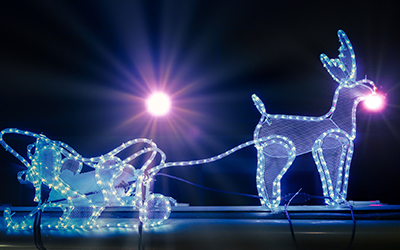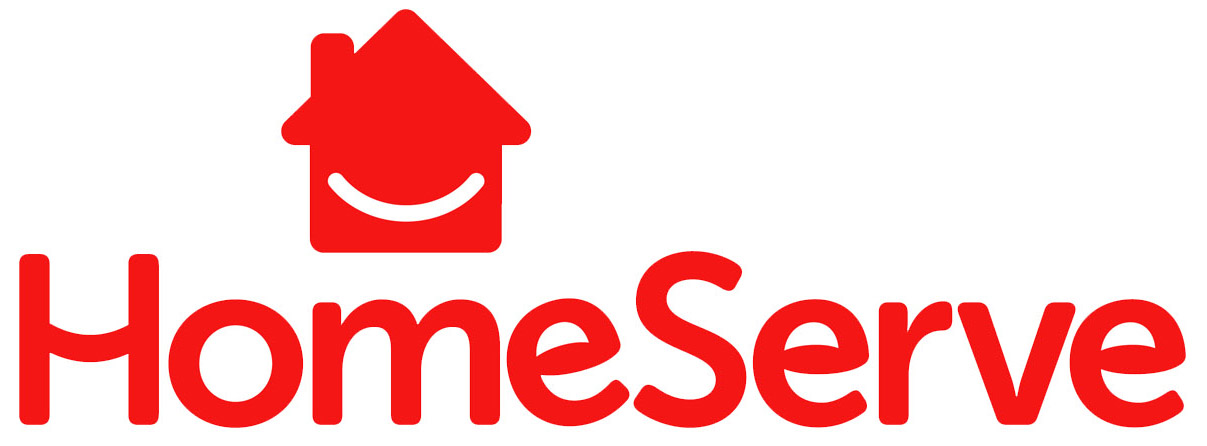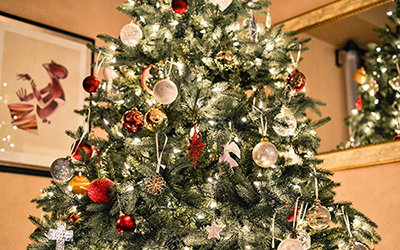It’s the holidays, and your rate payers are looking forward to family gatherings, gifts and decorating, but they probably aren’t thinking about the risk of an electrical hazard.
No one wants to think about the potential of electrical hazards causing property damage or tragedy at the holidays, but with increased visitors, cooking large meals and holiday lights, the potential for a fire, electrical or otherwise, is higher than any other time of the year.
Christmas trees are involved with an average of 160 reported home fires annually and holiday décor, excluding trees, causes 780 fires annually, with a total of six deaths, 49 injuries and $22 million in property damage each year from 2013 to 2017, according to the National Fire Protection Association.
Two out of five Christmas tree fires started in the living room and 44 percent involved electrical hazards. One-fifth of décor fires began in the kitchen, and 16 percent began in the living room, family room or den.
Since your residents want to hear from you across many platforms – and, when they do, their satisfaction with your services increases, you may want to share some safety tips to avoid electrical hazards during the holiday season. It’s right in your wheelhouse, shareable, easily digestible and can cross platforms.
The Tree
If purchasing an artificial tree, buy one that is flame retardant – it won’t stop a fire, but it will resist burning, burn more slowly and extinguish more quickly than one that isn’t flame retardant.
If purchasing a live tree, buy one that isn’t dry – the needles shouldn’t break or pull off easily. Keep it watered daily and at least three feet away from open heat sources such as fires or space heaters. Dry trees are a fire hazard. Check out this video from the US National Institutes of Standards and Technology demonstrating the increase in flammability of a dry tree.
The Lights
Examine lights before you use them. There shouldn’t be frayed or exposed wires, broken bulbs or damaged sockets. If a string of lights is damaged or malfunctioning, it’s become an electrical hazard, so you should discard it.
Look at labels. Lights meant for indoor use should only be used indoors, and likewise with those meant for outdoor use. Lights and replacement bulbs also should be tested and certified by the Underwriters Laboratories (UL) to make sure they meet safety standards.

Don’t overload electrical outlets. Don’t plug more than one high-wattage item into an outlet at a time and don’t connect more than three strings of lights together.
If you’re using extension cords, don’t plug too many lights into one cord and don’t plug too many cords into one outlet. Check the wattage the cord is intended for and don’t exceed it. Cords shouldn’t be run under carpets or furniture, pinched by windows or doors or run through high traffic areas. Don’t remove the third prong, because this grounds the cord and prevents electrocution.
If using a cord outdoors, don’t leave it on the ground, because water can get into the connection and cause an electrical hazard. Instead, elevate the connection with a brick or rock. Outside, use Ground Fault Circuit Interrupters (GFCI) outlets to prevent water-induced shorts.
Avoid nails, tacks and staples that may pierce wires. Instead, invest in some insulated hooks that will prevent damage to the lights – and electrical hazards.
You should not leaves lights unattended. A timer can be utilized to ensure lights are switched off automatically at times when everyone in the home is out or asleep.
Store safely. When the lights are returned to the attic or the basement at the end of the season, they should be stored in a water- and pest-proof container.
The Meal
This seems like common sense, but remain aware of the stove or oven while in use. With all the visitors and activities, distractions can occur. A timer can be used as a reminder to check food that is cooking.
Be aware of potential fire hazards – clean up grease spills and keep pot holders, towels and oven mitts away from burners.
Keep an eye on wattage. Some kitchen appliances can demand a lot of power – only plug one into any one outlet to prevent it from becoming an electrical hazard. Any outlet that could encounter water or liquids should have a GFCI.
Be prepared in case there is an emergency. Ensure that fire extinguishers and smoke detectors are operating properly.
With just a little thought and preparation, your residents can have a safe and happy holiday season and avoid electrical hazards.
Utilities are looking for opportunities to connect more deeply with consumers. HomeServe helps utilities improve consumer engagement for our utility partners through the integration of complementary home repair programs with utility initiatives such as energy efficiency and safety, offering residents greater access and choice. Partnership allows the utility to leverage HomeServe’s marketing and communications expertise to educate their residents through a variety of channels. For more information, contact us.

